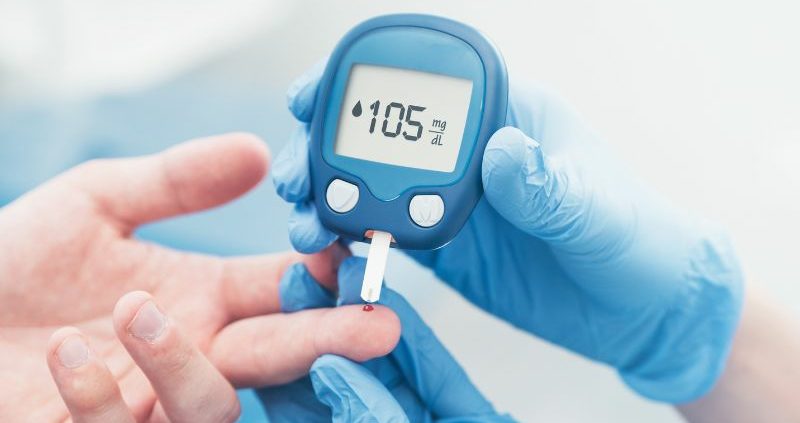Men urged to understand their diabetes risk
As this week is both International Men’s Health Week and Diabetes Week in the UK, organisations are urging men to understand their diabetes risk and what steps they can take to prevent the development of Type 2 diabetes.
Recent figures released by Diabetes UK show that the number of people living with diabetes in this country has topped five million for the first time and that middle-aged men are twice as likely to have diabetes as women.
What is diabetes?
Diabetes is a chronic, sometimes life-threatening disease related to the hormone known as insulin. Usually, insulin regulates your sugar levels effectively, keeping them in a healthy range. Patients with diabetes have excess sugar levels in their bloodstream with severe consequences.
There are two types of diabetes: Type 1 and Type 2. The first is an autoimmune condition in which the body destroys the cells which produce insulin and is usually first diagnosed in childhood.
In Type 2 diabetes, the body either stops making insulin or becomes less sensitive to its effects. Approximately 90% of diagnoses are of type 2 diabetes, and it is estimated that one in 10 men will develop the condition.
What are the risk factors for Type 2 diabetes?
Risk factors include:
- Obesity is thought to account for almost 85% of the risk of developing Type 2 diabetes
- Family history
- Some racial groups are at greater risk of developing diabetes
- Age – you are more at risk over the age of 40
- High blood pressure
- High cholesterol
It’s suspected that the reason why men are more prone to developing Type 2 diabetes is the way fat is distributed differently. Men tend to gain weight around the tummy, whereas women generally lay down fat around their hips and bottom.
Abdominal fat causes fat cells to release inflammatory chemicals, which affect how the body responds to insulin. Studies have shown that even at comparable BMIs, men are less sensitive to the effect of insulin. So, unfortunately, men are more likely to develop Type 2 diabetes at a lower weight than women.
Can I reduce my risk of developing Type 2 diabetes?
Studies have shown that essential lifestyle changes can significantly reduce your risk of developing Type 2 diabetes.
Recent research by the National Institute for Health and Care Research found that a third of adults are thought to have ‘pre-diabetes’ where blood sugar levels are raised but still below the threshold for diagnosis. Between 5% and 10% convert to Type 2 diabetes every year.

The research also found that lifestyle changes can reduce the risk of diabetes by about 40% and prevent about four high-risk individuals in 100 developing Type 2 diabetes each year.
Next steps
Understanding diabetes risks also means being aware of the symptoms. Fatigue, unintended weight loss, feeling thirsty or needing to pass urine all the time, and frequent infections are signs of developing diabetes.
If left untreated or uncontrolled for an extended period, high sugar levels in the bloodstream cause damage to the heart, the kidneys, and the eyes and put you at greater risk of developing high blood pressure, heart attacks and stroke.
If you’re experiencing any of the symptoms of diabetes, arrange an appointment with your GP as soon as possible for speedy diagnosis and management. For advice and support to reduce the risk of developing diabetes, get in touch to organise a GP Consultation or a Well Man Screening, where we will screen for diabetes and other serious health concerns. Please call +44 (0)20 4580 1152 to make an appointment.










